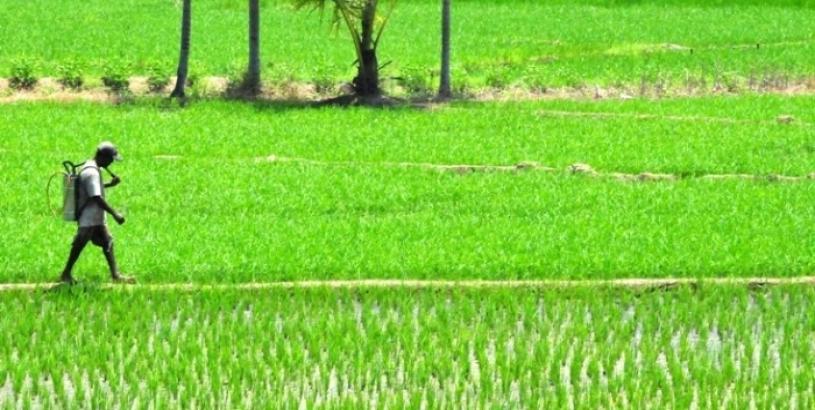![]()
File photo: Basil Rajapaksa - Minister of Finance
Sri Lanka’s Minister of Finance, Basil Rajapaksa issued a gazette notification re-authorising the import of several types of fertilisers, but the President’s office maintained that it was not taking a U-turn on a previous policy and insisted it was only enabling the importation of “specialised fertilisers”.
The importation of chemical fertilisers, pesticides and herbicides was banned earlier this year following a Presidential memorandum which has led to protests being staged by farmers as crop yields dropped and overhead costs increased. The recent amendment issued on August 3rd, has allowed for licenses to be issued for a period of six months to the "institutions registered for protected agriculture in greenhouses and for hydroponics, aeroponics and floriculture to import nitrogen minerals or chemical fertilisers and chelated minerals and nutrients".
Despite the relaxation of import rules, the Presidential office released a statement stating that there 'was no U-turn in the Governments policy'. They insisted that the Finance ministers recent gazette was "temporarily aimed at addressing immediate concerns within the agriculture sector". In recent weeks Sri Lankan prisoners were to be enrolled in a new government scheme aimed at cultivating fertilisers following severe shortages caused by the import ban.

Photo of farmer applying chemical fertiliser
The US State Department's recently released investment climate report highlights that Sri Lanka's “import regime is one of the most complex and protectionist in the world”. The World Banks’ Doing Business Index ranked Sri Lanka 99th out of 190 countries and noted that Sri Lanka ranked “very poorly in several areas, including contract enforcement (164 out of 190); paying taxes (142/190); registering property (138/190); and obtaining credit (132/190)”.
The State Department further notes investors “concerns over the potential for contract repudiation, cronyism, and de facto or de jure expropriation”.
Sri Lanka’s Finance Minister, Basil Rajapaksa, has a reputation for embezzlement gaining the nickname of Mr Ten Percent” as he would demand “a ten per cent commission on every project”.
The country faces a financial crisis with Bloomberg reporting that Sri Lanka’s default probability was the highest in Asia with the organisation estimating a 27.9% chance of one-year default. The Moody Rating’s agency has further placed Sri Lanka under review for a downgrade. The state department report noted that the debt-to-GDP ratio now above 100 per cent (of which 60 per cent is foreign debt)”. They further added, “Sri Lanka is facing a potential liquidity crisis, exacerbated by declining export receipts due to the pandemic”.
Read more here.





